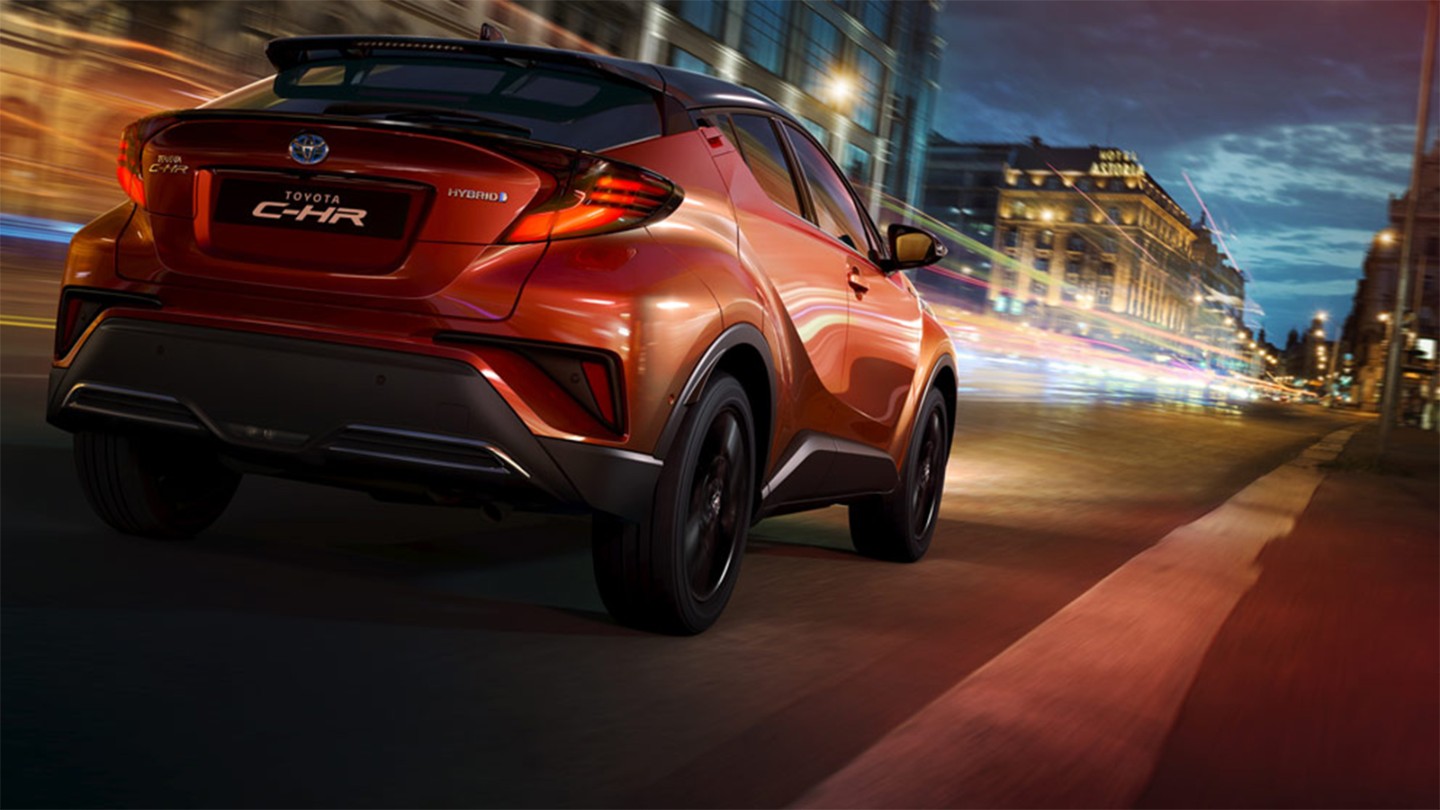Think about it when buying a car, after weighing all the pros and cons: will your car be able to filter the polluted air or will it slowly kill you as it cools the interior thanks to the air conditioning system?
Emissions Analytics conducted an comprehensive and thorough analysis on how eleven of the United Kingdom's most popular cars filter the air entering the AC system, and the results are nothing short of disturbing. In the case of the Toyota chr, which ranks first on the buyers' list of preferences, it's downright appalling, The Sunday Times reports.
If you're driving on a busy highway, the AC literally have an deadly influence on you since the filters do little to nothing in terms of removing toxic particles from the exhaust.
According to the data shown in the analysis, the Toyota C-HR performed the worst, with only a 1% efficiency in filtering toxic particles. Since there are about 57,000 in every cubic centimeter of air sample on the road, and we inhale about 500 cc of air at one time, that would mean that we are also breathing about 28 million. of particles. As pedestrians.
Common sense would make the air conditioning filters work to prevent some of these particles from entering the car. Unfortunately, this is not the case.
The Volkswagen Polo and Ford Fiesta also performed poorly in the pollution test, with higher filter percentages for the Vauxhall Astra and Mercedes-Benz E-Class, with 82 and 90% efficiency respectively.
“We were surprised by the differences between the cars,” Nick Molden, managing director of Emissions Analytics, told the publication. “Drivers can be exposed to high levels of pollution as long as they believe they are protected by the ventilation and air filtration system.”
“The data is not sufficient to make the consumers clear about what car they should choose. Therefore, if you have kids with asthma or other illnesses, you can't tell if the car you're buying will protect them, ”he adds.
He explains that part of the reason this is happening is the lack of national standards and regulations, which means that manufacturers can impose their own rules. However, since this is a customer-driven industry, there is hope for improvement now that this information is available.
In response to the results, James Clark of Toyota UK said that they were unaware of this fact and would examine how the results were achieved.






